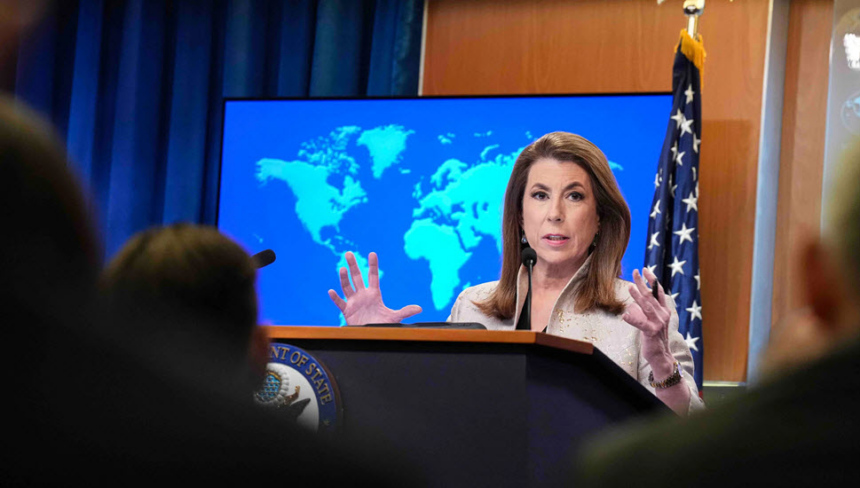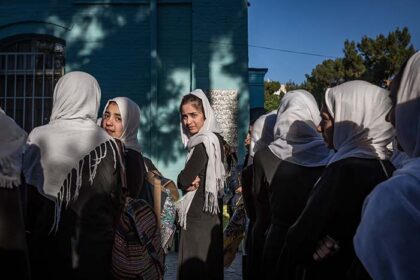RASC News Agency: The U.S. Department of State announced on Tuesday that it has suspended funding to the World Food Programme (WFP) in Afghanistan and Yemen, citing systematic misuse of humanitarian aid by terrorist organizations. According to State Department spokesperson Tamie Bruce, the decision stems from “the exploitation of aid initiatives by the Taliban in Afghanistan and the Houthis in Yemen.” Bruce emphasized that the measure was enacted in accordance with a recent executive order aimed at preventing U.S. assistance from being diverted to designated terrorist entities.
This development follows a Reuters report indicating that the suspension is part of a broader strategic overhaul of U.S. foreign aid policy. The initiative jointly undertaken by the State Department and the United States Agency for International Development (USAID) involves the termination of support for various projects across more than a dozen countries, as well as several international institutions, including the WFP and the United Nations Population Fund. Despite the suspension, Bruce noted that approximately 85 percent of previously funded USAID projects in partnership with the WFP remain operational. She affirmed that while certain elements of U.S. assistance have been paused, the country remains committed to its humanitarian obligations, albeit through revised delivery mechanisms.
Bruce elaborated that several programs particularly those centered on direct cash transfers have been discontinued due to mounting concerns over financial opacity and the potential for misuse. The U.S. government, she explained, is shifting away from cash-based aid models in favor of systems that offer greater transparency and accountability. These changes, she added, are designed to ensure more responsible stewardship of taxpayer dollars. She also acknowledged that some projects had been inadvertently halted but were reinstated following internal reviews. Citing a recent report from the Special Inspector General for Afghanistan Reconstruction (SIGAR), Bruce revealed that at least $11 million worth of U.S. food aid in Afghanistan had either been seized by the Taliban or had contributed to their financial infrastructure.
This policy move is part of the Trump administration’s wider initiative to reform the structure and oversight of foreign aid. However, international development experts have warned that halting humanitarian support could have devastating consequences, particularly in vulnerable regions. The suspension, they argue, risks exacerbating hunger, triggering mass displacement, and emboldening extremist factions in countries like Afghanistan and Yemen. In Afghanistan, the aid freeze could imperil critical support for over 23 million people in need. In Yemen, nearly 19 million individuals currently depend on emergency assistance. Numerous analysts and former officials have described the decision as “catastrophic” for the most at-risk populations in both countries.






